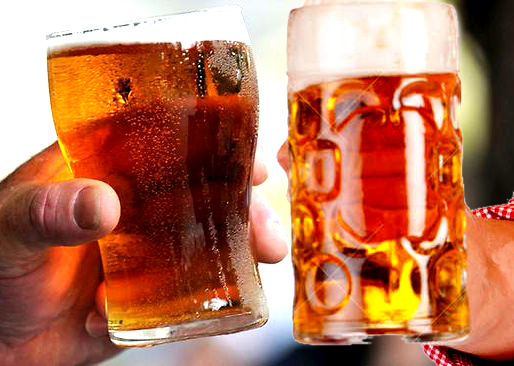Beer firms hop on health trends
 A new review has highlighted a range of terms that beer companies use to make their products appear healthier.
A new review has highlighted a range of terms that beer companies use to make their products appear healthier.
Australian alcohol companies promote their products as ‘pure’, ‘fresh’, ‘natural’ and ‘sugar-free’ to encourage more health conscious consumers to purchase them, according to new research.
The report suggests alcohol companies have identified the growing trend of increased health awareness among consumers, especially younger Australians, as an opportunity for the sector to innovate and boost their sales.
It is based on examples of new product developments and alcohol industry trade publications from 2016 and 2017, which were used to identify alcohol company executives’ views on key trends.
“In recent years, we’ve seen the development of supposedly healthier products in most alcohol categories, including products such as low carb beers, low calorie wines, and low sugar and gluten free ready-to-drink alcohol products,” Ms Stafford said.
“Our research found that the alcohol industry initially observed increased health consciousness among consumers as a threat to industry revenue. To turn it into an opportunity for the sector, alcohol companies promoted their ‘better-for-you’ products as supposedly healthier through advertising campaigns and product developments.
“Consumers may believe that a product advertised as healthier may pose fewer health consequences or risks, but these products are not healthy and still carry all the risks associated with the alcohol component of the products, based on the volume of alcohol they contain and the associated calories.”
Co-author Ms Danica Keric, also from the McCusker Centre for Action on Alcohol and Youth, said the research supported calls from the public health community for greater regulation of alcohol marketing, including restricting the use of health-related claims and imagery.
“Public health experts recommend reforms to alcohol marketing regulation that include strong, independent, legislated controls on all forms of alcohol marketing and promotion, and prescribe permitted alcohol marketing content. The introduction of evidence-based health warning labels would also contribute to informing consumers of the risks associated with alcohol use,” Ms Keric said.








 Print
Print